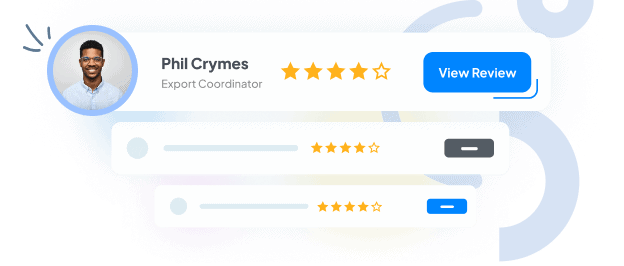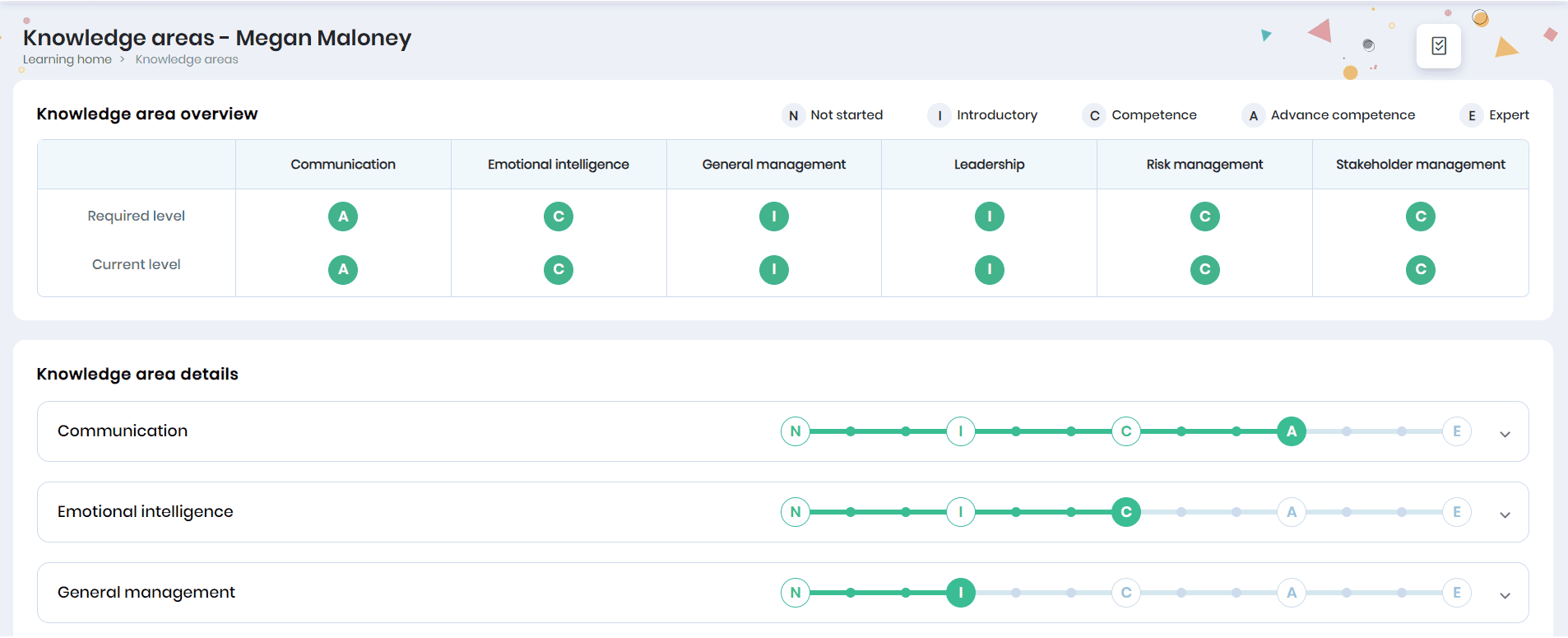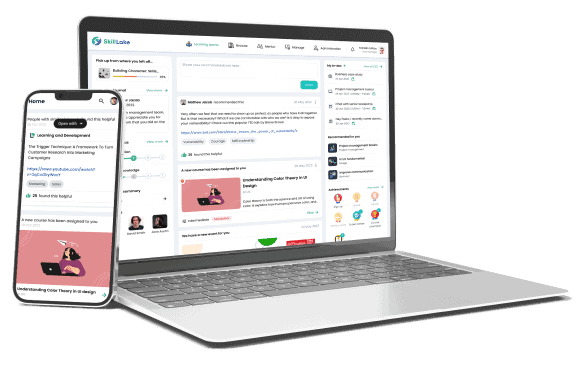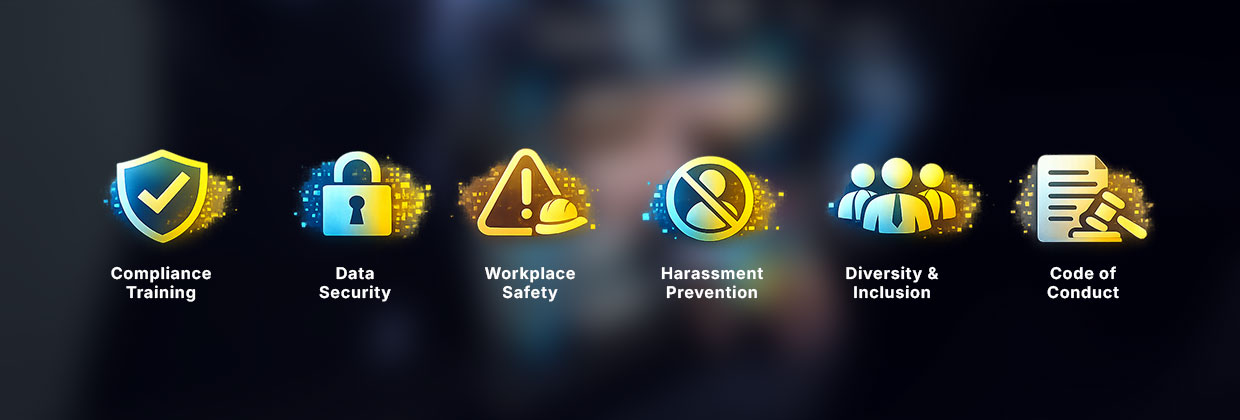Fast-Track Employee Development: The On-the-Job Training Method

While one of the benefits of implementing accountable on-the-job training is that it uses existing resources to train individuals to do their tasks, it also offers other organizational benefits. Responsible on-the-job training hugely impacts the organization’s overall performance. Studies have proven that on-the-job training, or OJT, is substantially connected with increased creativity and invention, along with improvement in overall work quality.
The move to a remote/hybrid workforce has prompted particular training considerations. Teams may be divided between remote and in-office contingents, making it cumbersome to give regular and meaningful training to both groups. In addition, L&D will need to establish a consistent culture and decide how to implement new regulations. It also implies a strong emphasis on learning and development adapted to the needs of a hybrid workplace and each employee. With 61% of remote employees believing they require additional training to perform effectively in their role, the need for excellent and accountable remote/hybrid training is even greater.
Challenges of On-the-Job Training for Remote and Hybrid Teams
In this section, we will look at the issues that organizations encounter when educating remote/hybrid workers, such as:
-
Culture & Communication Gaps
-
Learning Disruptions
-
Limited Resources
-
Work-Life Balance & Teamwork
-
Lower Employee Satisfaction
Organizations can take several steps to aid employees in performing their best work in personal and shared digital workplaces, including guaranteeing cybersecurity, enabling seamless collaboration with the right digital tools, and investing in training resources to create digital competence.
A well-designed and masterful corporative learning platform like Skill Lake makes training content available on mobile devices, making it available to anybody, anywhere, at any time, significantly influencing the training provided to remote/hybrid workers. The system also facilitates communication between learners and instructors, reducing the risk of misunderstanding and ambiguity. Skill Lake users may build mashups, assessments, exams, and more using powerful, lightweight, distraction-free content production tools. It also facilitates feedback and remedial action that results in accountability in L&D.
The Balancing Act: Challenges of Managing On-the-Job Training
When allocating resources, most organizations prioritize boosting the effectiveness of their on-the-job training programs. This is hardly unexpected, given that training is designed to reduce time (and money) while delivering on all learning promises that benefit both executives and learners.
Despite carefully allocating resources, many organizations find ventures useless in accomplishing their objectives. These can be due to reasons like:
1. Differences in learning styles
The current workforce includes at least three generations, each with a fundamentally different relationship with technology. As a result, assuming that all employees are similarly tech-savvy or have the same knowledge levels and learning habits will make on-the-job training less successful.
Skill Lake enables accountability for people development by enabling individual accountability, carried out by setting and tracking time-sensitive competence development goals at the individual, department, organization, and intermediate levels. The platform assigns mentors or coaches to leverage specialized knowledge or provide extra support, overcoming differences in learning styles.
2. Engagement
The importance of engagement can be divided into three categories: cognitive, emotional, and behavioral. Without all three, poor knowledge retention, passive learning, and a lack of commitment lead to on-the-job training issues. Furthermore, behavioral change is impossible in the absence of learning engagement. When instruction feels irrelevant or useless, most students mentally and emotionally “drop out” and refuse to participate. A study on employee engagement conducted in the United States states that disengaged employees cost businesses between 450 and 550 billion dollars annually, highlighting employee engagement’s importance and impact on your business.
Skill Lake drives learner engagement by enabling learners to learn anywhere, at any time. The system uses gamification, content mashups, or the creation of “guided tests” to nudge learners to achieve learning goals and easily create personalized learning journeys for individuals based on their specific needs. In comparison to other learning frameworks, Skill Lake has a greater learning retention rate.
3. Overload of Information
When an organization hires a new employee, they must be onboarded. The goal is to successfully train new employees on your corporate software to be productive. Organizations flood them with too much material from the start of a training session and expect their employees to grasp it all. Employees may become overwhelmed, disconnect from training, and abandon your organization. Studies reveal that less than 35% of the US workforce is engaged in work.
Skill Lake primarily offers self-paced learning, instructor-led classes, or a mix of the two. On the learning platform, the student can choose between self-paced and instructor-led learning. In both cases, the student benefits from the guidance of an instructor or mentor.
4. Inadequate feedback and support structure
Most training programs are organized such that there is minimal room for employee feedback or involvement in terms of what works and what doesn’t. Outwardly, this may appear to be a simple remedy, but in practice, providing a sufficient feedback mechanism for off-the-job training can be difficult. According to Forbes, employees who believe their views get heard are 4.6 times more likely to do their best work. Furthermore, 89%of Human Resource leaders feel that regular peer feedback and frequent check-ins are critical for success.
Skill Lake tracks learning behavior at the granular level. It provides administrators with data on various learning metrics, allowing them to assist students who are falling behind.

5. Assessing training efficiency
Many L&D professionals believe assessing how on-the-job training initiatives affect their firm quantitatively is critical. Determining which metrics to employ might be strenuous, how to incorporate them into post-training assessments, when and how to follow up, and how to alter future training depending on the results.
Skill Lake allows instructors to observe training progress on the learner dashboard, effectively sanctioning user rights in the organizational hierarchy and tracking top and average performers. This allows for easy evaluation of training efficiency.

The Future of Learning: How On-the-Job Training is Evolving
On-the-job training should ultimately result in employees being more prepared to do their tasks, more engaged, and actively contributing to the company’s overall goals. Employees can benefit from accountable on-the-job training by learning and practicing new skills, having learning tools to refer to when doing duties, and building productive working relationships with co-workers.
The emergence of L&D technologies has the potential to be a game-changer in the on-the-job training setting. Skill Lake takes collaborative learning to a new level of involvement and participation. As a result, the future of on-the-job training is practically here, with learning experiences becoming more responsive and robust.
Skill Lake helps the organization navigate hurdles as it surfaces while fostering a learning culture throughout the organization.

Build a culture of continuous learning with Skill Lake’s state-of-the-art people development platform. Give your employees professional training to help them excel in their job roles and propel your business to greater efficiency and success.
Start Today

Sachin Krishna
Sachin is a passionate advocate of e-learning with a profound knowledge of the field. He regularly writes compelling content that captivates readers and works to spread awareness of learning solutions.